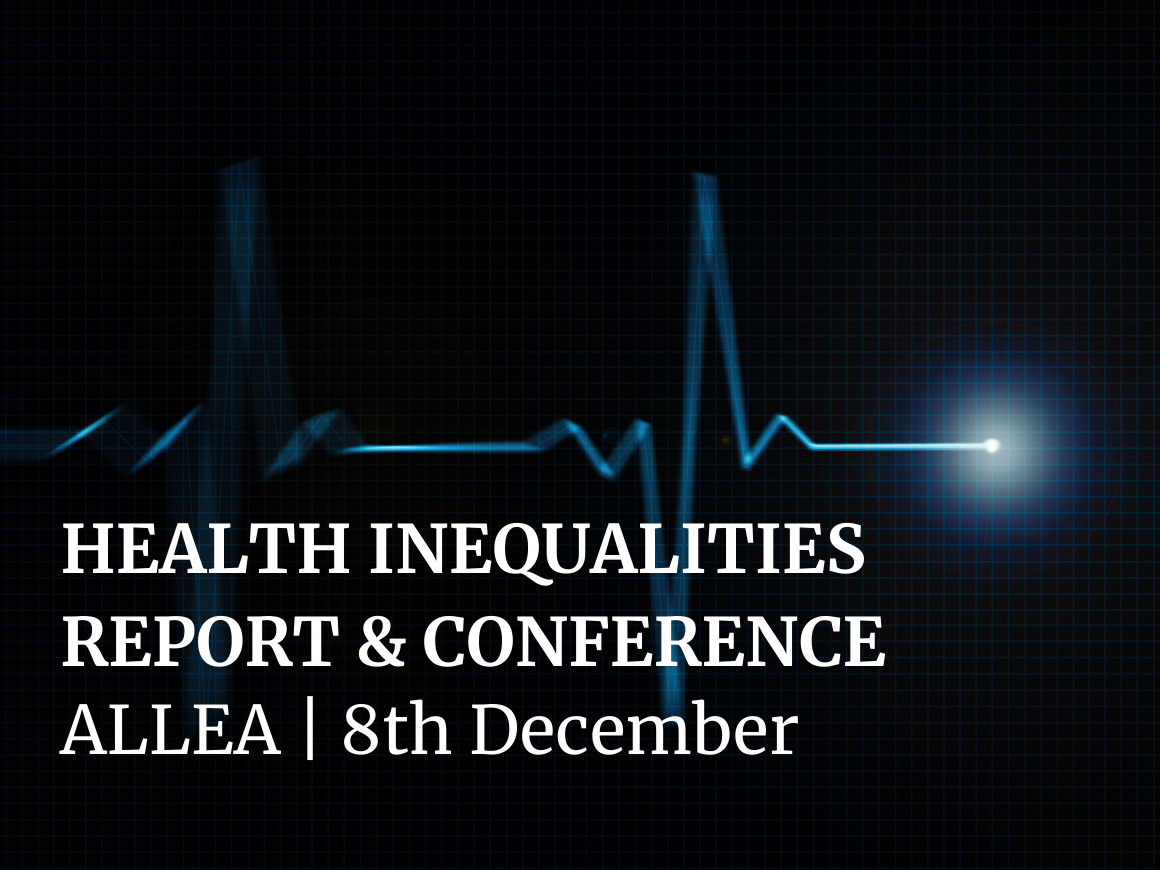Health Inequalities: New Methods, Better Insights?

A new generation of scientific methods is improving our understanding of health inequalities in Europe, but investment in data infrastructure is needed to make use of its potential for informing policymaking, a new report claims.
The report, Health Inequalities Research: New methods, better insights? is published by the European Federation of Academies of Sciences and Humanities (ALLEA) and the Federation of European Academies of Medicine (FEAM). It evaluates the scientific methods used to study health inequalities, with the aim of helping narrow the health gap across Europe.
People who are worse off in socio-economic terms on average die younger, and within their shorter lives often have more health problems. These “health inequalities” are a persistent challenge for public policy in all European countries and have been studied extensively by researchers from various disciplines…
…
Recently, new quantitive research methods have been developed, such as “counterfactual” approaches to causal inference, applications of genetics, advanced methods of mediation and moderation analysis, and “quasi-experimental” methods to study “natural experiments” with interventions and policies. These methods promise to shed new light on these questions, and this report reviews their strengths and limitations as well as the first substantive results that studies applying these methods have produced.
Health_Inequalities: New methods, Better insights?
Conference: Health inequalities: new methods, better insights?
Date: 8th Rhagfyr
Venue: Online
How to reserve a place: Final conference ‘Health inequalities: new methods, better insights?’ – ALLEA
More details:
Chair: Johannes Siegrist (Heinrich Heine University Düsseldorf and committee member)
13:30 Opening on behalf of the KNAW (Sjaak Neefjes, Leiden University Medical Center and KNAW board member)
13:45 Understanding health inequalities: the usefulness of an expanded toolbox (Johan Mackenbach, Erasmus MC and chair of the committee)
14:15 Known unknowns in the field of health inequalities: priorities for research (Ana Diez Roux, Drexel University)
14:35 Solutions for health inequalities: reflections on the interface between science and policy (Margaret Whitehead, University of Liverpool, committee member)
14:55 Discussion
15:15 Tea break
15:30 COVID-19: an unequal pandemic (Clare Bambra, Newcastle University, committee member)
15:50 COVID-19 policies and health inequalities (Thierry Lang, University of Toulouse)
16:10 Causal thinking in a pandemic: tools to understand COVID-19 inequalities and policy responses (Maria Glymour, University of California San Francisco)
16:30 Panel discussion
17:15 Closing remarks by ALLEA and FEAM
Final conference ‘Health inequalities: new methods, better insights?’ – ALLEA